Quantinuum CEO Rajeeb Hazra Outlines Breakthroughs on the Path to Fault-Tolerant Quantum Computing at QWC 2025
At Quantum World Congress 2025, Dr. Rajeeb Hazra, Chief Executive Officer of Quantinuum, delivered a landmark keynote setting out both the company’s achievements over the past year and its vision for the decade ahead. With more than three decades of leadership experience in supercomputing and quantum technology across Intel, Micron, and Lockheed Martin, Hazra brought both a technologist’s rigor and a global industry lens to the discussion.
From aspiration to achievement
Hazra reiterated Quantinuum’s bold commitment—first announced at QWC last year—to build the world’s first universal, fully fault-tolerant quantum computer at scale within this decade. He underscored that this pledge is not a marketing aspiration but the company’s “North Star,” guiding its 700-person global team across hardware, software, and applications.
In the past twelve months, Quantinuum has:
Achieved a fully fault-tolerant non-Clifford gate implementation using a new protocol that slashed resource requirements by an order of magnitude, marking what Hazra called an “industry breakthrough.”
Set new world records in logical qubit fidelity, logical magic state preparation, and logical teleportation.
Demonstrated the longest-lived logical qubit to date (23 seconds), a critical milestone for practical applications.
Reached a new benchmark in logical quantum volume (256), nearly doubling the next closest competitor.
Software innovation: Guppy
Hazra announced Guppy, a new high-level quantum programming language designed to make coding quantum systems as natural as programming in C or Python. Guppy integrates directly with error-correction primitives, enabling developers to monitor and act on error syndromes in real time. He described this as “a quantum jump in usability,” designed to accelerate application development and bridge classical and quantum infrastructures.
Applications: GenQAI and beyond
Looking past hardware and software milestones, Hazra emphasized Generative Quantum AI (GenQAI) as a transformative frontier: using quantum-generated data to train AI models more efficiently and accurately than classical resources alone. He outlined three near-term application areas where Quantinuum is partnering with industry and research leaders:
Drug discovery – cutting discovery cycles from 5–7 years down to 1–2.
High-temperature superconductors – advancing energy transmission and grid resilience.
Data-intensive sectors – from finance to national security, applying quantum algorithms to interpret massive datasets in ways classical methods cannot.
Celebrating the International Year of Quantum
Hazra tied Quantinuum’s progress to the broader momentum of the International Year of Quantum, describing 2025 as a “turning point” from an age of discovery to an age of accelerated application. He highlighted the upcoming arrival of Helios, Quantinuum’s next-generation commercial quantum computer and the first to achieve 50 logical qubits, as a capstone to a year of breakthroughs.
Why it matters
Hazra’s keynote made clear that the race toward fault-tolerant quantum computing is no longer hypothetical. With new world records, a developer-first programming stack, and a focus on real-world applications in medicine, materials, and data, Quantinuum is positioning itself to define the next era of quantum—an era where universal, fault-tolerant systems shift from aspiration to integral infrastructure.
